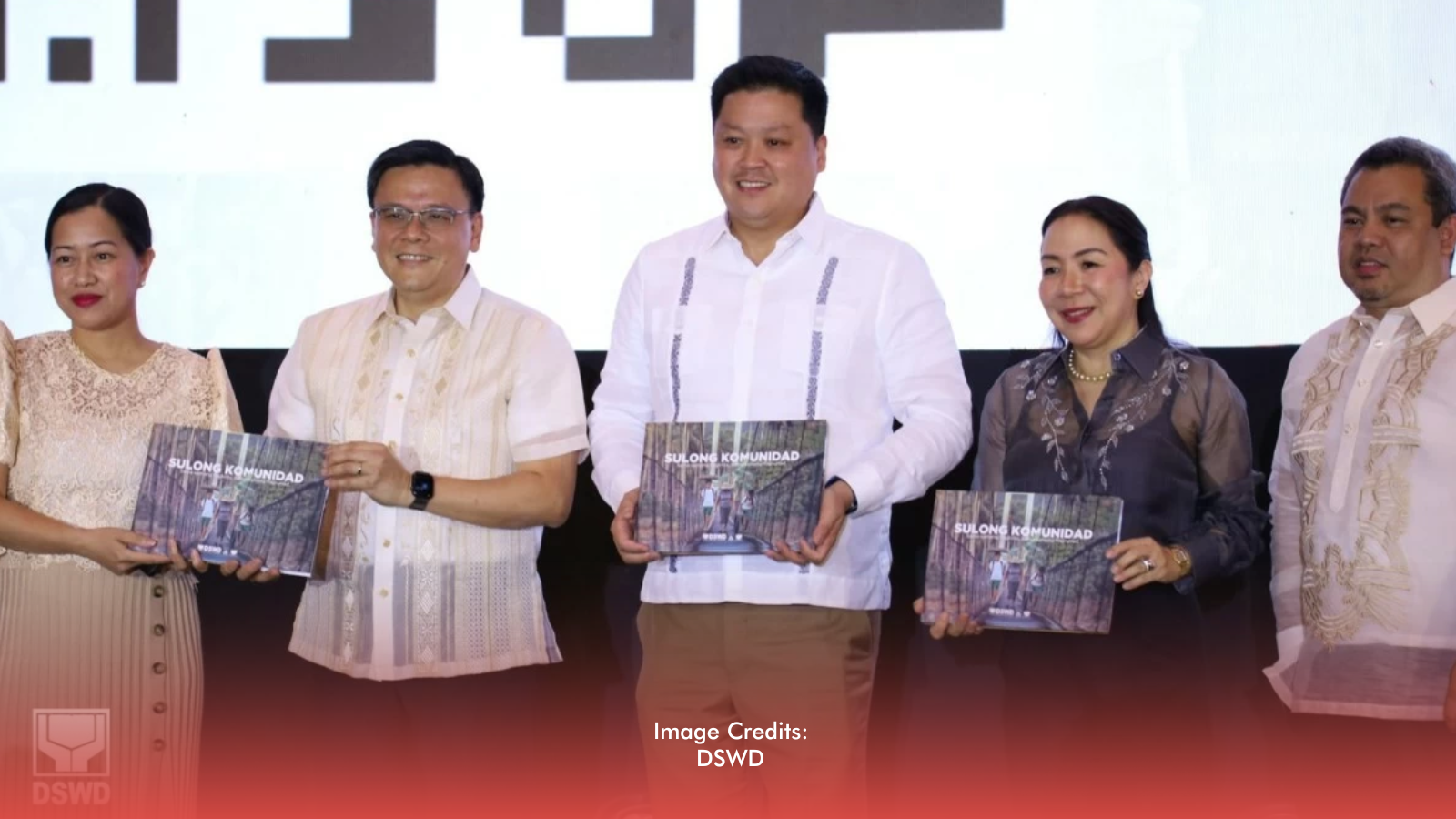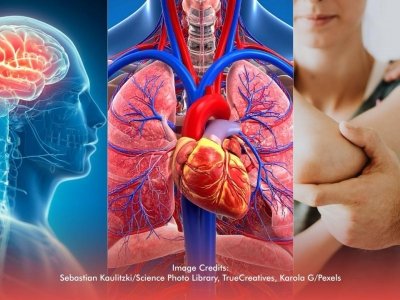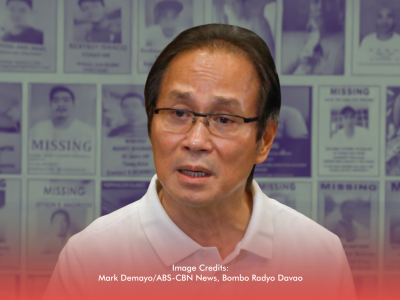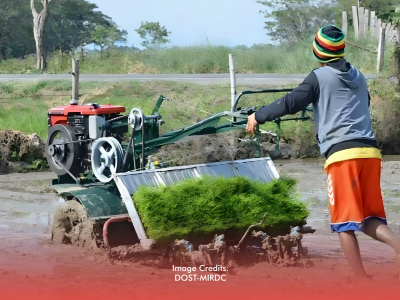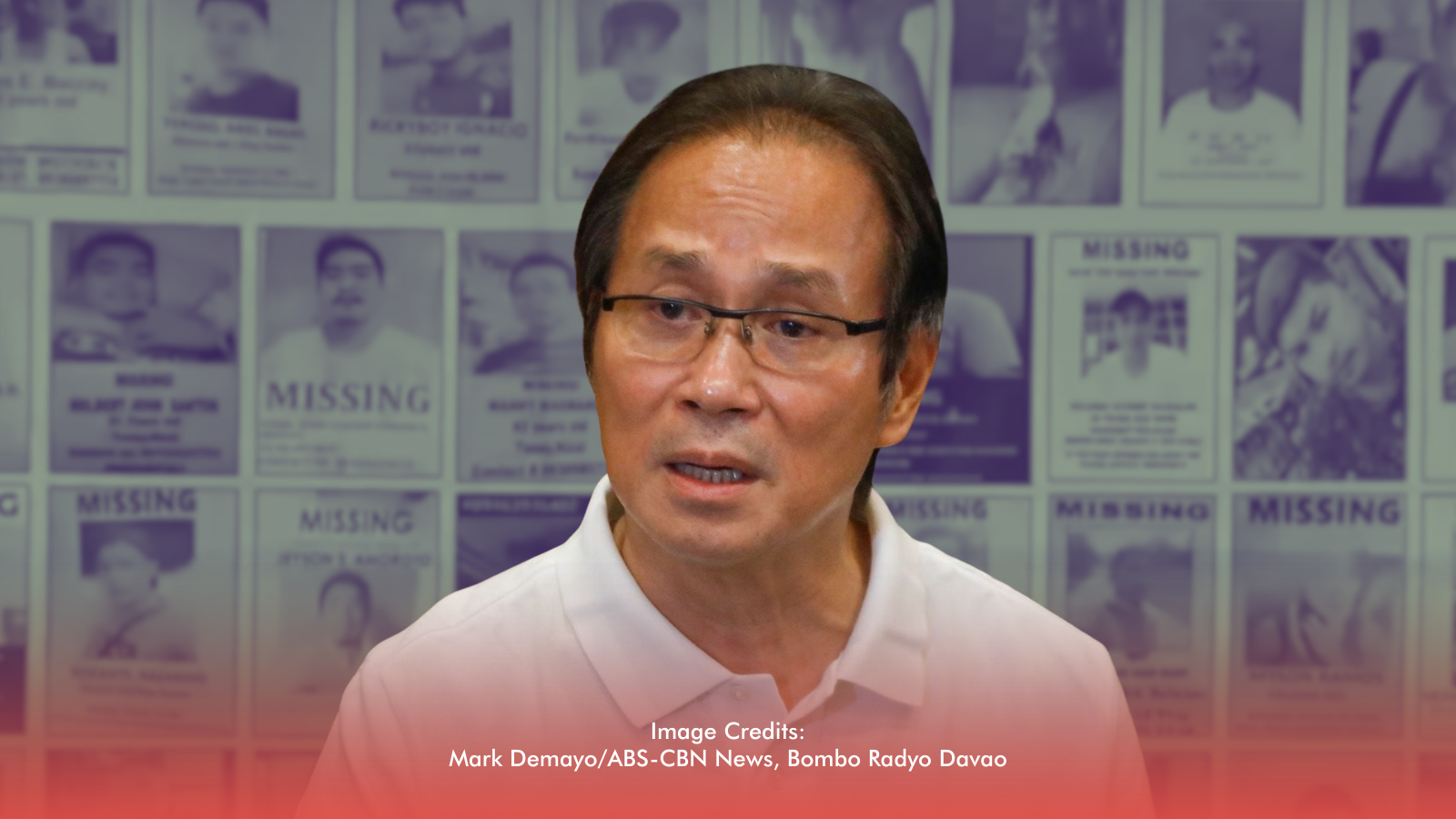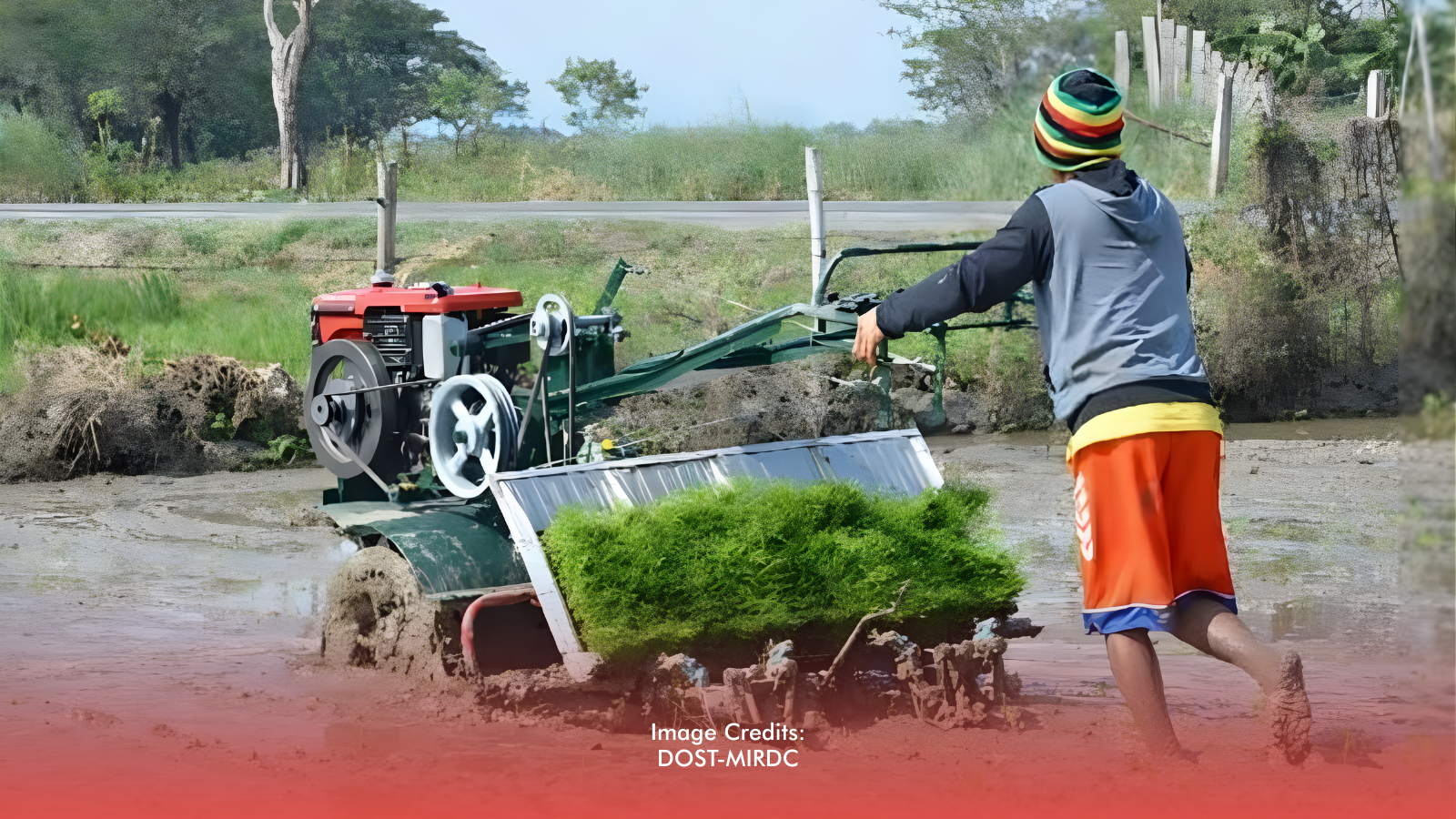The Department of Social Welfare and Development (DSWD) is rolling out a new flagship initiative designed to help isolated communities withstand climate-related risks and improve essential services. The program, called Panahon ng Pagkilos: Philippine Community Resilience Project, aims to support long-term development in areas that have historically struggled with both poverty and limited access to infrastructure.
RELATED: [Nature-Based Solutions: Rethinking Disaster Resilience InThe PH]
A Bottom-Up Approach to Development
The initiative replaces the long-running KALAHI-CIDSS program, but its direction moves further toward strengthening resilience where it is needed most. Social Welfare Secretary Rexlon Gatchalian said the project prioritizes solutions that can reduce everyday dangers for residents, especially children traveling to and from school.
“What may look like a small hanging bridge to you can change lives, and when children don’t have to cross running rivers just to get to school, that is development,” Gatchalian explained during the launch.
Communities Leading the Planning
A key feature of the program is its community-based decision-making model. Instead of selecting projects through a centralized system, residents will determine which interventions best address their needs. “It empowers the communities because they choose the projects that suit their needs, employing a bottom-up approach rather than a top-down process,” the secretary emphasized.
Through this open menu system, communities may propose improvements such as water facilities, footbridges, or lighting systems—projects that directly affect their safety and daily mobility. Each proposed subproject must also account for climate risks, ensuring that new structures are built with resilience and hazard adaptation in mind.
The DSWD said its broader goal is to ensure that geographically isolated and disadvantaged areas are not left behind as the country pushes for sustainable and inclusive development. By combining local decision-making with climate-aware planning, the program seeks to build stronger, more adaptive communities that can withstand the challenges of a warming world.
RELATED: [Metro Manila Could Be 30% Underwater By 2040, CCC Warns]

